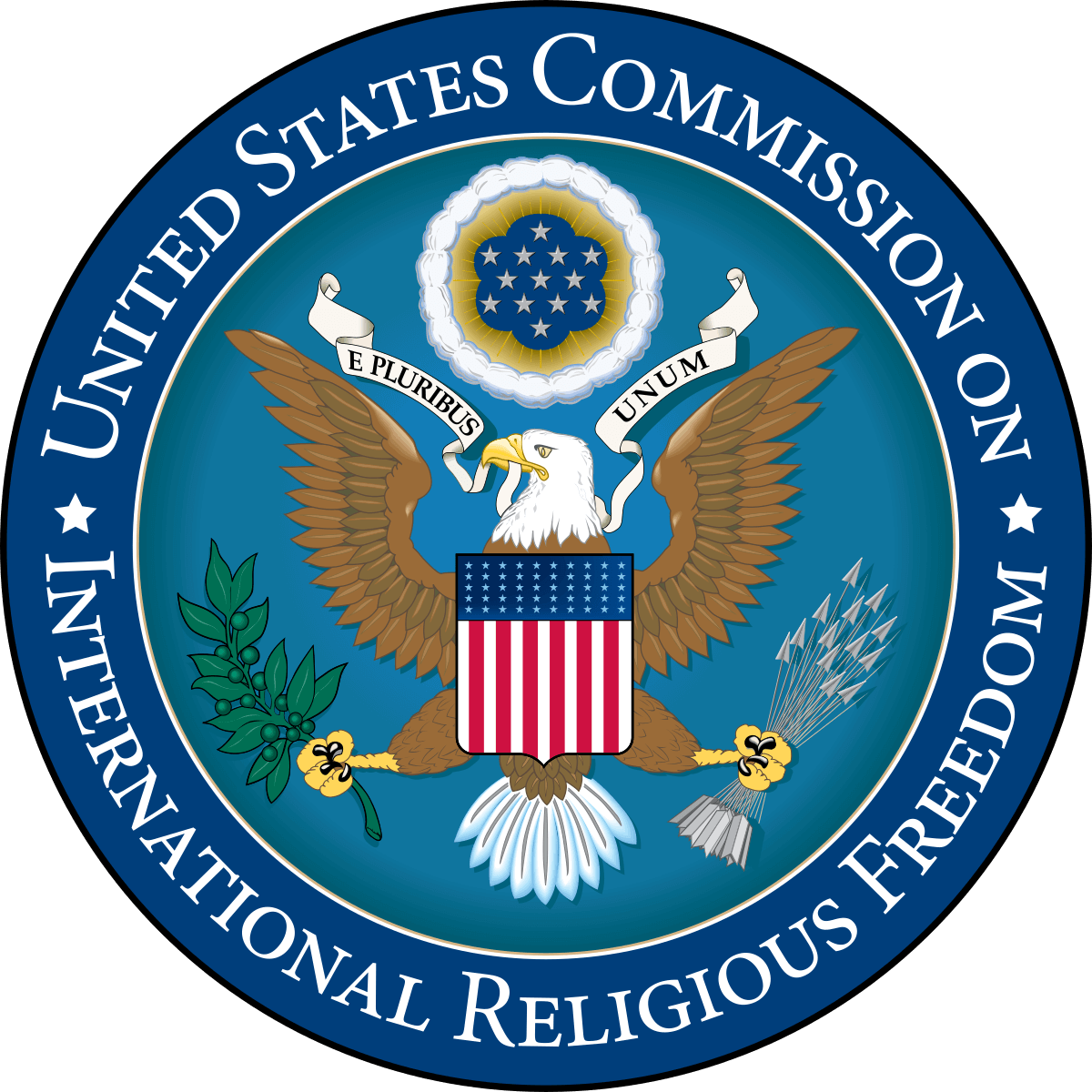The United States Commission on International Religious Freedoms (USCIRF) recently published its annual report for 2020. Designating India as a “Country of Concern”, the report proceeds to note a “drastic turn downward” in the condition of religious minorities, singling out the Citizenship (Amendment) Act and the forthcoming National Register of Citizens for being discriminatory against Muslims. While the merits of these claims are being discussed widely, more fundamental questions regarding the purpose and consequences of this report need to be asked. At a time when India remains a vital cog in the US’ balancing strategy vis-à-vis China, the report is unlikely to lead to a rethinking of its Indo-Pacific policy. However, there are larger consequences of the US continuing to be the arbiter of religious tolerance across the world, and the orientalist tropes such surveys threaten to regurgitate.
The Commission was established in 1998 under the International Religious Freedom Act, primarily with the intention of promoting the “United States’ advocacy on behalf of individuals persecuted in foreign countries on account of religion, and to authorize United States actions in response to violations of religious freedom in foreign countries.” The Act is a striking symptom of the “unipolar moment” and represents an unrestrained hegemon’s attempt to dilute norms of state sovereignty in favour of remaking the rest of the world in its image. Through this legal sleight of hand, the exercise of American power and subsequent military interventions in the Third World were veiled by a language of universal morality. The foundations of the Liberal International Order are thus, both, illiberal and hegemonic.
Given this backdrop, even in the absence of an official follow-up, reports and commissions such as these tend to re-produce knowledge of the illiberal “orient” in the Global South, and sustain two types of myths: (1) the US is the creator and global protector of liberal values, and (2) the US represents the liberal-cultural yardstick that all other nations must aspire to emulate. First, on the framing of the human rights regime, the notion that liberal values were simply transmitted from the Global North is illusory and colonial. Chris Reus Smit, in his book Individual Rights and the Making of the International System, has conclusively detailed the contributions of the de-colonisation movement to the “liberal” conceptualisation of human rights. He argues that postcolonial states “not only played a decisive role in negotiating the Universal Declaration and the two international covenants, their positions were frequently opposed to the Soviet Union and more liberal than the Western powers.” For instance, in the early 1950s when the Soviet Union had attempted to subordinate civic and political liberties to social, cultural, and economic rights, countries like India and Lebanon “overturned a prior UN decision and forced the drafting of two separate covenants.” After all, the Indian Constitution–which was drafted concurrently–had just held civic and political liberties to be justiciable and fundamental, while socio-cultural and economic rights were considered part of the state’s directive principles.
Thus, the US arrogating to itself the power to pronounce societies in the global south as “religiously (in)tolerant” severely damages the equal efforts of postcolonial elites in shaping the international human rights regime. A truer understanding of liberalism does not come from thinkers like John Stuart Mill, who justified colonial rule and believed that countries like India were condemned to remain in the “waiting room of history”. It comes from the ceaseless struggles and sacrifices of those in the colonised world who fought to attain self-determination and subject-hood as members of international society. In fact, as J.C. Sharman and Andrew Phillips highlight in their book, International Order in Diversity: War, Trade and Rule in the Indian Ocean, that the Indian Ocean Region was already a hotspot of thriving cosmopolitanism, which was later dismantled by Empire. The Colonial project–and slave trade –that countries like America benefited from, was not a “mission civilisatrice” as much as it was an enterprise of mercantilist exploitation that denied the very rights to peoples in the global south that it now purports to regulate.
Secondly, the notion that the US is in any form the aspirational yardstick for liberal societies is also fictional. In America, in fact, “from the earliest arrival of Europeans on America’s shores”, Kenneth Davis argues, “religion has often been a cudgel, used to discriminate, suppress and even kill the foreign, the heretic and the unbeliever–including the heathen natives already there.” In 2018, the FBI reported that hate crimes in the US, particularly against the Latinos, was on a sixteen-year high. According to the Pew Research Centre, between 2015 and 2016, the number of assaults against Muslims in the US had surpassed post-9-11 levels. Of course, the one country missing from the USCIRF report, is the US.
If the US is sincere about its commitment to the protection of religious freedoms, it must seek to empower autonomous, international bodies such as the UN Human Rights Commission. The benefits of this are twofold. First, this would ensure that the US does not escape criticism from failing to meet the liberal values it claims to export. Second, a wider, consensus-driven approach is likely to make regulation more effective (whether through stigma or sanctions). In the midst of a global pandemic, a rethinking on Human Rights has become critical. However, the US has neither the material power and nor the legitimacy to unilaterally pursue this dialogue. In the absence of a consensus-driven approach, despite its merits, the USCIRF report remains an instrument of propaganda that threatens to sustain perverse moral hierarchies and colonise our imaginations and readings of history.
The Sovereign Disciplining of Religious Freedoms
What is troubling about the USCIRF report
May 1, 2020

